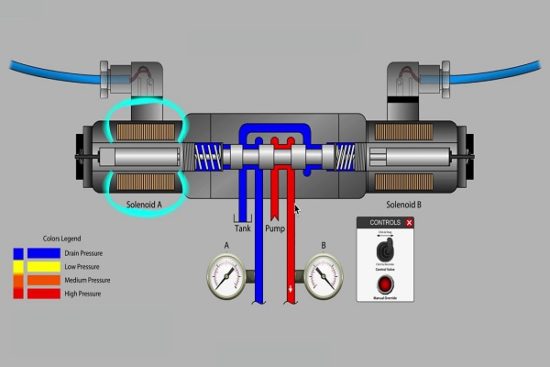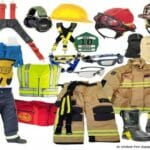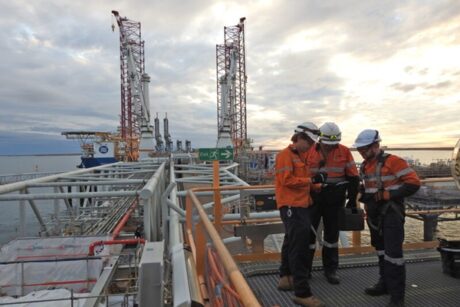No data found for Custom Course Number
No data found for Custom Course Units
Intended Audience: civil, mechanical, chemical, environmental and industrial engineers < /p> -
PDH UNITS: 4.00
Valves are widely used in fluid piping systems to shut off or throttle flow, as well as to prevent backflow, reduce pressure or relieve pressure. Developed by Dr. Bengtson, this course explores the basic components of a valve and their function. Information about each type of commonly-used valve will be provided, including a general description of each as well as their advantages and disadvantages. Topics will also include: the globe, gate, plug, ball, needle, butterfly, diaphragm, pinch, check, safety/relief, and reducing valve. Intended for civil, mechanical, chemical, environmental, and industrial engineers or anyone who works with fluids flowing in pipes, this online engineering course provides a thorough examination valve fundamentals based on critical material in the Department of Energy Fundamentals Handbook, DOE-HDBK-1018/2-93, “Mechanical Science Module 4 – Valves”. Once you complete your course review, please complete the associated multiple-choice quiz consisting to earn 4 PDH credits.
Learning Objectives
- Distinguish the basic components of a valve and their function, including the body, bonnet, stem, actuator, packing, seat, and disk.
- Identify the gate, globe, plug, ball, needle, butterfly, diaphragm and pinch valves, including their use for shutoff and throttling, and the construction, operation, and relative advantages and disadvantages of each.
- Facilitate the construction and operation of the different types of check valves, including swing, tilting disk, lift, piston, butterfly, and stop check valves.
- Assess the general construction and operation of reducing valves, as well as the safety and relief valves, and the differences between them.
- Analyze the construction and principle of operation of manual, electric motor, pneumatic, hydraulic, and solenoid valve actuators.
Course Reviews
5
- 5 stars1
- 4 stars0
- 3 stars0
- 2 stars0
- 1 stars0
Once completed, your order and certificate of completion will be available in your profile when you’re logged in to the site.











Good course